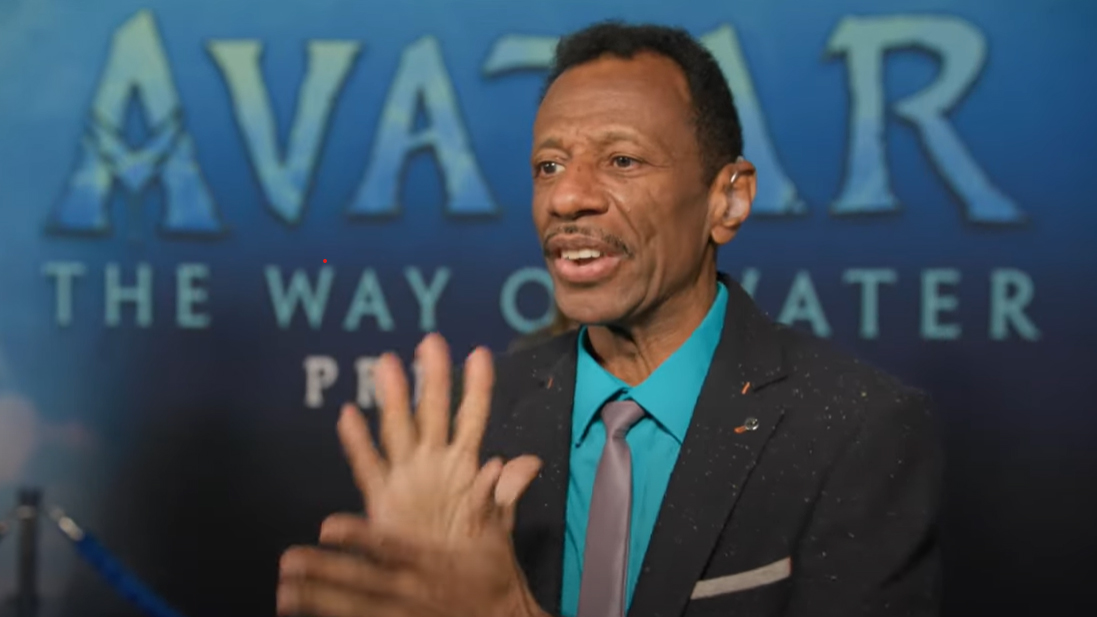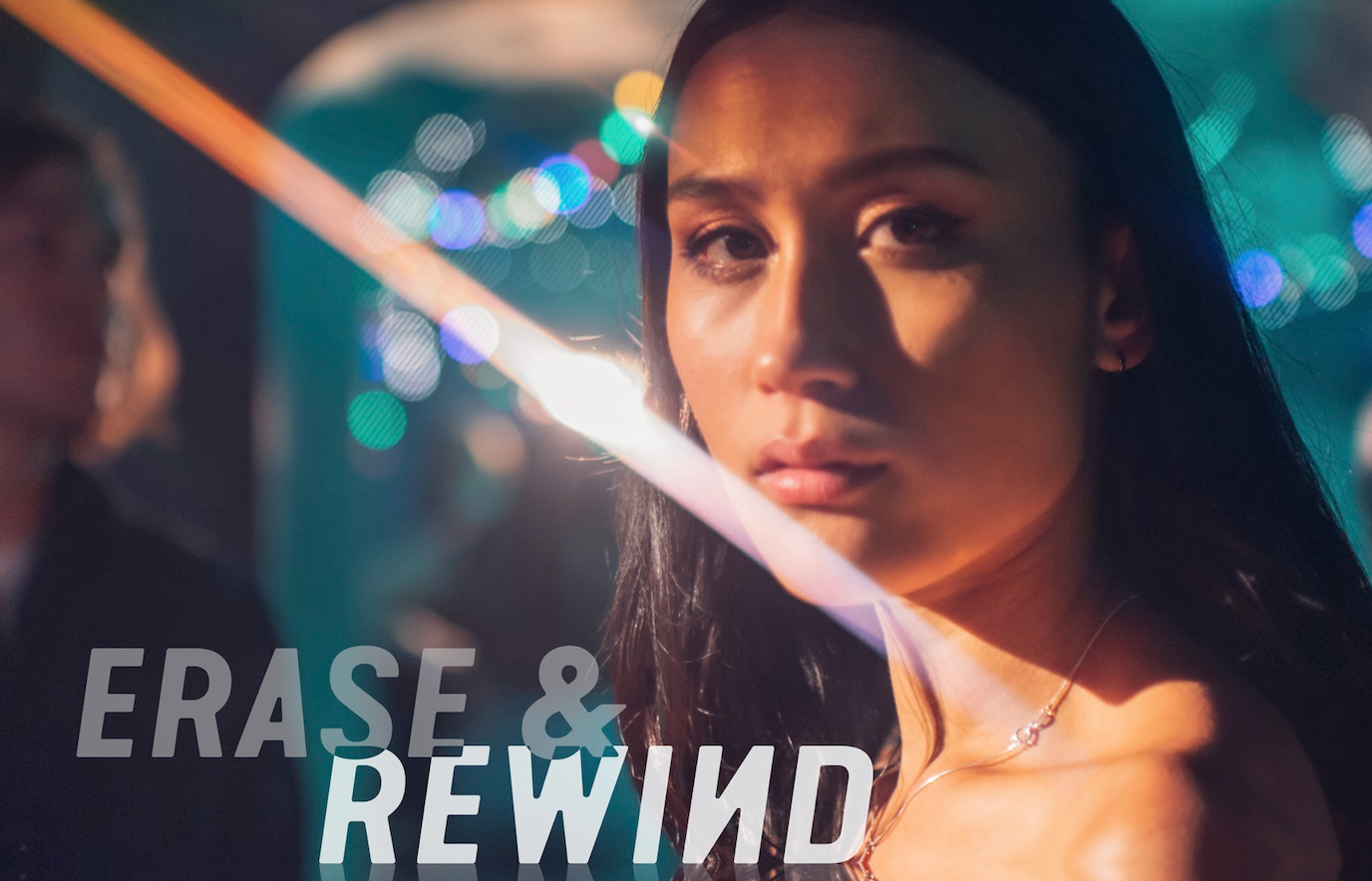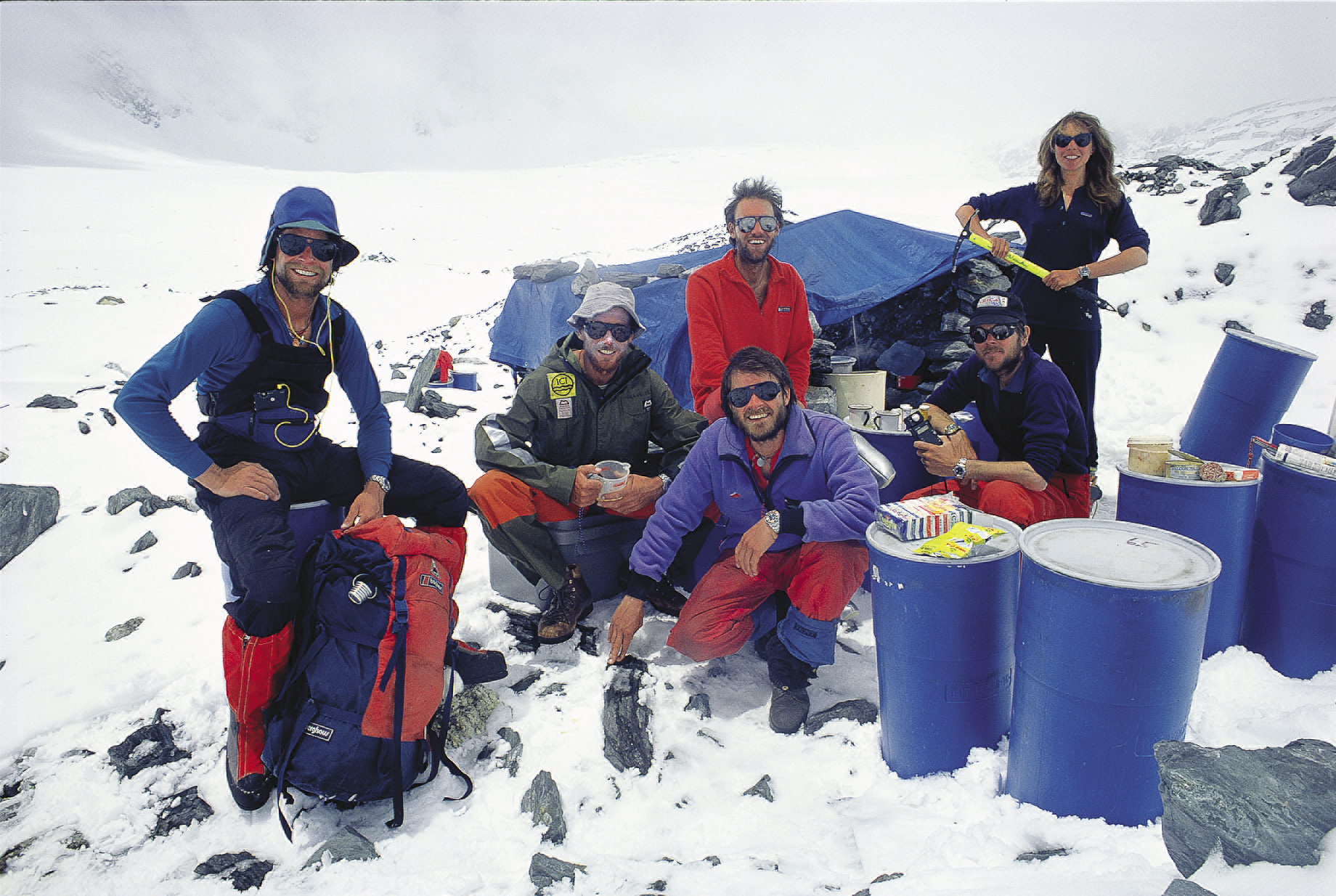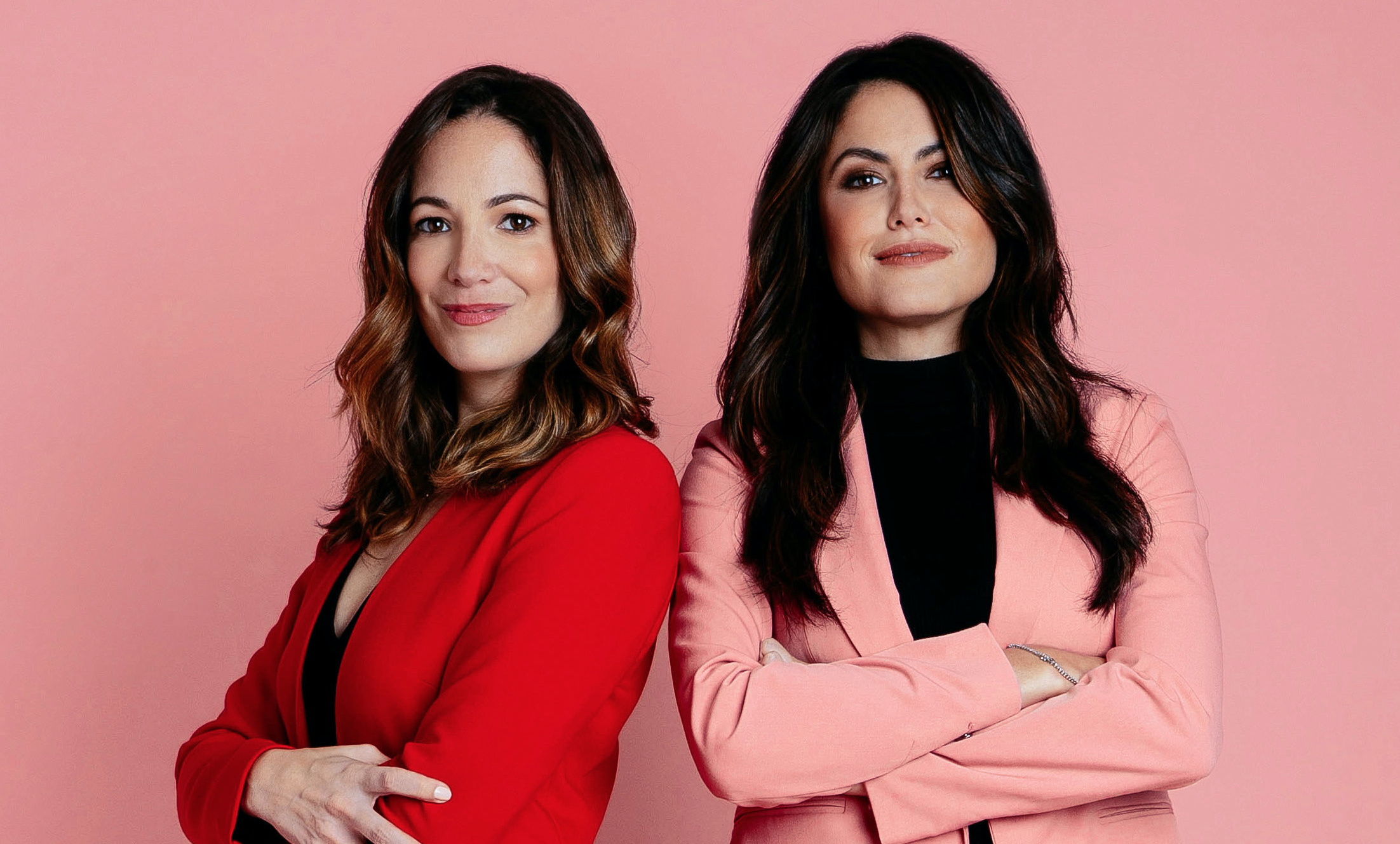
If you’d like to see a great example of what speaking truth to power looks like, get familiar with Deja Foxx, the Arizona-based teen activist who gained national attention after a stirring confrontation at a Town Hall event with Senator Jeff Flake recently. The 16 year-old stood at the microphone and asked him about his position on defunding Planned Parenthood, and spoke with the authority of someone who is destined for public office in the future.
“I just want to state some facts. I’m a young woman; you’re a middle-aged man. I’m a person of color, and you’re white. I come from a background of poverty, and I didn’t always have parents to guide me through life; you come from privilege…I’m wondering, as a Planned Parenthood patient and someone who relies on Title X, who you are clearly not, why is it your right to take away my right?” she asked, to applause from other constituents present.
In a follow-up interview with CNN’s Don Lemon about the now-viral video, Deja said women like her are constantly being ignored on Capitol Hill and she was determined to make sure her Senator heard her voice loud and clear. But it’s not just her voice all the legislators voting to defund Planned Parenthood are ignoring. Numerous studies show that an overwhelming majority of Americans, (including those who voted for Trump) are in favor of keeping Planned Parenthood funded.
When our federal representatives are making major decisions about women’s reproductive rights based on personal ideological agendas, its clear we need better elected officials who will truly represent the people. Which is where Deja Foxx comes in. She may only be 16, but she has plans to run for office in the future. And judging by her level of engagement with organizations and causes that most adults can’t even boast about today, the future is in good hands with young women like her.
We spoke with Deja via email to get to know her background, why she is so passionate about the issue of reproductive rights and sexual health, and the message she wants other youth to know about raising their voices to create change.
You became an overnight sensation on social media after a video of you asking a pointed question to Senator Jeff Flake about Planned Parenthood went viral. Tell us about attending that Town Hall?
The energy in the town hall was amazing! People from all over had come to make their voices heard and to express their discontent with a man who claimed to be our representative, but seemed to refuse to represent our interests. I, myself, was excited to come face to face with Jeff Flake who had ignored our rallies and petitions for months. I felt it was time he heard my story and recognized that these issues affect the lives of real people.
You wasted no time getting to the point, telling him what it means for a teen girl like you to have access to Planned Parenthood preventative services, and what it means for your education. Do you think many legislators wanting to “defund” Planned Parenthood understand this connection?
Absolutely not! If our legislators had lived experiences with Planned Parenthood or at the very least had taken the time to listen to those constituents who had they would never question its vital role in our communities. I believe that the singularity of the type of person and the type of experience lived by elected officials, especially on the GOP side, are of the greatest disservice to our nation.
They represent the views of a shrinking demographic and look toward the past- not the future. Through this lens, they will never be able to understand the way that Planned Parenthood impacts the lives of women and underrepresented communities until they make the effort to listen compassionately to our stories.


Taking away funding from Planned Parenthood disproportionately affects low-income people and especially women of color. Why do you think it is important for people, regardless of their socio-economic status, to stand up for the most vulnerable in our society?
This is a people’s movement and a movement of solidarity. It is imperative that we move forward together because if we do not, we risk losing out on a generation of leaders who have interesting, non-traditional stories and experiences to share. Only by raising young people, women, LGBTQ folks, people from low-income communities, and people of color to the front of our movements will we embrace a future that is fair and equitable for everyone. So, it is the role of those who are traditionally privileged to support change and to support underrepresented peoples as leaders.
You also pointed out Sen. Jeff Flake’s privilege, and how absurd it is for him to think he can take away your choices and freedoms while never having to rely on PP services. Why was this important to stress?
So many people are blind to their privilege and in turn blind to the struggles of others. Jeff Flake needs to check his privilege and listen to others’ experiences when making decisions that have never directly impacted him, but will directly impact so many people he claims to represent. He should never make decisions about us, without us. To do so is the height of arrogance and hyper masculinity and I know the Arizona community does not stand for those divisive traits.

At 16 years old you are quite active in your community, raising your voice for the social causes you care about. Can you tell us about a few of the organizations you are involved in?
I’m involved in many organizations in addition to Planned Parenthood. Most of my work centers around teen pregnancy prevention; this work is really the product of my own intersectional experience of being a young, brown women from a low income community where the kids I knew from my neighborhood began having unintended pregnancies as soon as we began high school. I have a real appreciation for many organizations I have the chance to work with because they make space for youth leaders to make decisions about programs intended for youth and other aspects of youth outreach. That is an example of effective leadership: the people who decisions are being made for are at the forefront of the decision making process.
Tell us about your family background and how your own upbringing has encouraged you to get active in politics?
I was raised by a single mother and we always struggled to just have the basics. In my adolescence, I was forced to leave that household because of the effects of mental illness and substance abuse. In that time, I was without a permanent home or any traditional guardians. Furthermore, I still live in a non-traditional situation, and without my mom. These experiences have always inspired me to fight because the other women who are currently in my situation, or who have been, do not have their stories being told and our interests are not being served by our public officials.
I feel that all to often the experience and root causes of homelessness and poverty are ignored by politicians, not just in my community, but across the country, because politicians would prefer to make their decisions based on the interests of corporations and wealthy campaign backers. Despite the oppression I’ve felt coming from a cycle of poverty, I hold on to the belief that the most valuable thing anyone has is their voice and their story, and that no matter your economic situation those things can never be taken from you.
You have been getting some attention from mainstream media outlets like CNN as well as The Huffington Post, Refinery29 and Teen Vogue. What do you hope people will learn more after seeing the videos of you and hearing your thoughtful points?
I hope people will check their privilege, involve diverse perspectives on their decision making process, share their stories, and listen compassionately to the stories of others. Also, I hope that people who come from diverse backgrounds will be encouraged by my actions to take up leadership roles and leverage their experiences for positive change.
America has such a scattered approach to sex education, where abstinence only is still being taught and increasing numbers of teen pregnancies and STDs in certain states. Tell us about your involvement with teen pregnancy prevention and sex education advocacy, and why this is important to you?
As I’ve previously explained, my circumstances left me at high risk for teen pregnancy. My dreams and plans to fully participate in my community, to have a career, and to pursue higher education easily could have been altered had I not had access to Planned Parenthood and Title X. As I entered high school, I saw this begin to happen for many women who were so very similar to me. I want them to have the chances I’ve had to be a leader. I want them to contribute their amazing voices, stories, and perspectives to fields that currently lack diversity.
Because of this, I work on the Child and Family Resources Youth Advisory Council on Teen Pregnancy Prevention to provide a youth perspective when developing programs. These hopes have also lead me to fight for comprehensive sex education in my school district where I see women from my background disproportionately affected by teen pregnancy due to a lack of support within the school system.

How do you think more young women in leadership positions will combat the tide of older men trying to dictate to women what they can and can’t do with their bodies?
Young women are necessary forces in future leadership. We are the next generation and we must take up leadership roles now and always to ensure that we protect our right to choose so as to make the path that future generation of women leaders travel easier than our own journeys. As of now, older white men working as GOP legislators are working the system against us, but it is only because they fear the great leadership potential within us!
How would you encourage other teens and youth to take a stand for the issues they care about? How can they get involved locally?
I encourage all youth to share their stories and speak their truth to people in power. Furthermore, I encourage them to be proactive in seeking out leadership positions. There are plenty of resources out there, the really difficult part is finding your passion. I know when I found mine- fighting for equal opportunity- pursuing it was easy. Lastly, I would just encourage youth to take every opportunity to stand up for what they believe in and to really let their morals and experience be their guide.
Finally, a question we like to ask all our interviewees: What makes you a powerful woman?
Through adversity I have become a powerful woman. Feeling as though I had nothing taught me that my story and voice were things that could never be taken away or silenced. Furthermore, my experiences with difficult circumstances have helped me to build up what I feel is my greatest strength-empathy. My ability to draw from my own lived experiences as well as the experiences of others to create positive change is what makes me feel truly powerful.

















